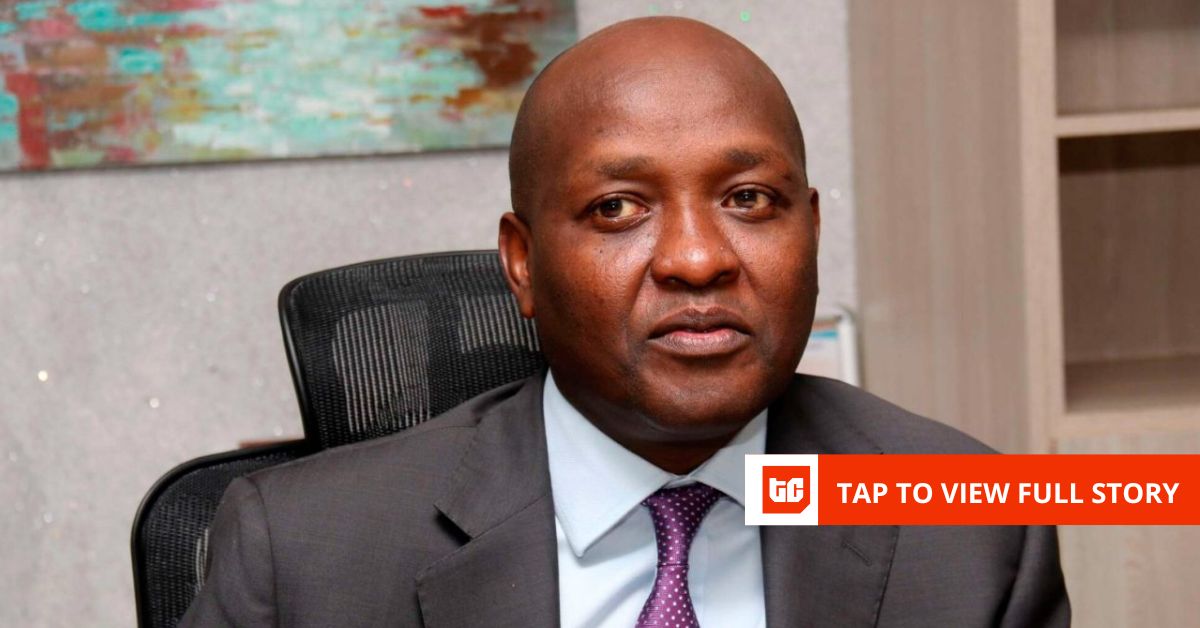Kenya’s Higher Education Loans Board (HELB) has proposed changes to the law that would grant it the authority to freeze bank accounts held by over 316,000 former university students who have defaulted on state-issued loans. The board is stepping up efforts to recover a $270.3 million (KES 35 billion) debt burden.
On Friday, HELB Chief Executive Geoffrey Monari asked the Parliamentary Committee on Public Investments for amendments to the Higher Education Loans Board Act that would empower the agency to track and freeze the bank accounts of former students who have defaulted on their loans. Monari warned that rising defaults threaten the fund’s sustainability, particularly as enrolment in Kenyan universities grows.
The proposal signals a shift in the state’s approach to student debt enforcement. HELB is now seeking measures similar to those used by tax authorities.
“My request is for legislation that allows us to freeze accounts of former students doing business but not repaying their loans, similar to how the Kenya Revenue Authority (KRA) freezes business accounts,” Monari said. “This would encourage defaulters with steady incomes to comply. We can provide a detailed proposal outlining the laws we need to recover these funds.”
Monari said that while 464,000 beneficiaries have been repaying their loans for over 10 years, HELB currently collects $510,638 (KES 66 million) monthly, pushing it to rely on the National Treasury allocations. In contrast, 316,000 former students have yet to begin repayment.
“If we can get even a portion of these defaulters to start servicing their loans, it would significantly boost cash flow and enhance our capacity to support current university students,” he said.
Monari told parliament members that HELB operates an inspectorate department that ensures employers deduct and remit loan repayments on behalf of their staff. Under current regulations, employers who fail to comply face a monthly penalty of $23.17 (KES 3,000) per student for every month in default.
Monari said the HELB is facing enforcement challenges for graduates living abroad. However, he said the agency is working with Kenyan embassies and the State Department of Immigration to strengthen cross-border tracking of defaulters.
For self-employed graduates, HELB relies on credit blacklisting to encourage compliance. Defaulters are reported to the Credit Reference Bureau, restricting their access to loans and other financial services. However, Monari conceded that the agency has limited access to beneficiaries working in the gig economy, where income is irregular and often unreported.
Mark your calendars! Moonshot by is back in Lagos on October 15–16! Join Africa’s top founders, creatives & tech leaders for 2 days of keynotes, mixers & future-forward ideas. Early bird tickets now 20% off—don’t snooze! moonshot..com.











